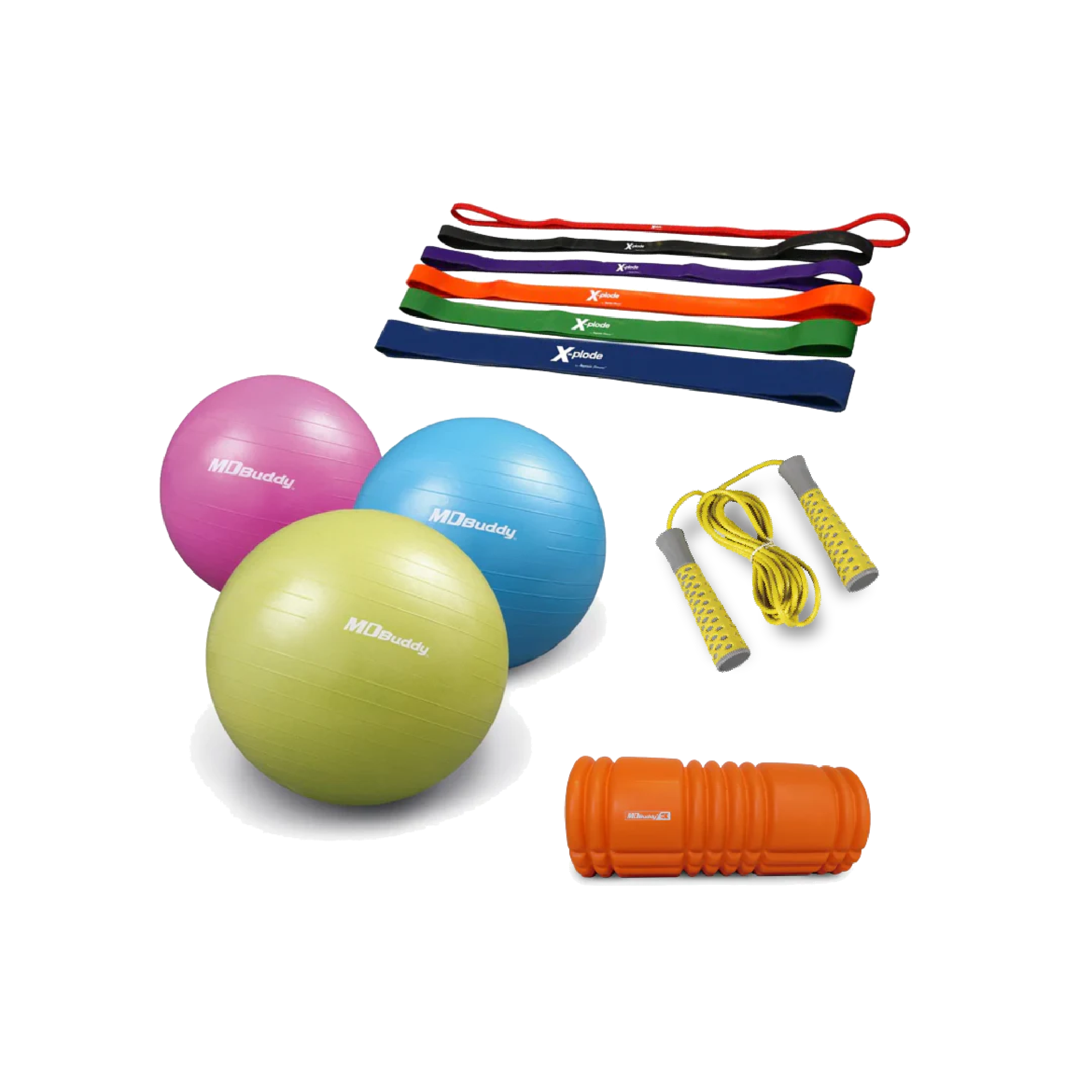What's The Best Way To Cook Vegetables?
We all know that eating vegetables is good for you. But to get the most nutritional benefits out of your veggies, you have to cook them right.
Eating just raw vegetables can get boring and may not be appealing to everyone. While all cooking methods alter the nutrient composition of vegetables, some destroy particular nutrients while others actually enhance them. We've compiled some tips from registered dietitian Leslie Beck on the best way to cook your veggies. Leslie is a regular contributor to the CTV News Channel and has her own website at lesliebeck.com.
Vulnerable vitamins
Vitamin C and many of the B vitamins are the most unstable nutrients when cooking vegetables. Because they're water-soluble, they leach out into the cooking water. If you boil your vegetables or microwave using too much water, you'll end up with less thiamine, folate, vitamin B6, vitamin B12 and a lot less vitamin C.
Fat-soluble nutrients such as vitamins A, E and K are more stable and do better during cooking. So do carotenoids (e.g., beta-carotene, alpha-carotene, lycopene, lutein) and antioxidants found in leafy greens, carrots, winter squash and sweet potato.
Steaming vs boiling
Water is the enemy when it comes to nutrient losses during cooking. That's why steaming is one of the best methods to preserve nutrients, such as vitamin C and many B vitamins. Since vegetables don't come in contact with cooking water during steaming, more vitamins are retained.
Dry cooking methods such as grilling, roasting and stir-frying also retain a greater amount of nutrients than boiling. If you prefer to boil your vegetables, save the nutrient-rich cooking water to add to soups and sauces.
Contrary to popular belief, microwaving doesn't kill nutrients in vegetables. In fact, it may outrank steaming when it comes to retaining antioxidants.
A 2009 report in the Journal of Food Science found that compared with boiling, pressure cooking and baking, microwave cooking helped maintain the highest levels of antioxidants in beans, beets, artichoke, asparagus, garlic, onion and spinach. Microwave cooking increased antioxidant activity in eggplant, corn, peppers and Swiss chard. On the other hand, boiling and pressure cooking led to the greatest antioxidant losses.
Raw vs cooked
Many people think raw vegetables are more nutritious than cooked, but that's not the case. Cooking vegetables breaks down the plants' cell walls, releasing more of the nutrients bound to those cell walls. Cooked vegetables supply more antioxidants, including beta-carotene, lutein and lycopene, than they do when raw.
Cooked vegetables also deliver more minerals. Spinach, beet greens and Swiss chard are high in calcium, but a compound called oxalic acid binds with calcium. Heating releases bound calcium, making more of the mineral available for the body to absorb. Cooking vegetables also increases the amount of magnesium and iron that are available to the body.
Even so, in some cases vegetables may be better for you raw than cooked. Cruciferous vegetables – cabbage, cauliflower, broccoli, bok choy, Brussels sprouts – contain an enzyme called myrosinase, which, when you chop or chew these vegetables, converts glucosinolates (phytochemicals) to anti-cancer compounds called isothiocyanates.
The bottom line: No one cooking method will preserve 100 per cent of the nutrients and protective phytochemicals in vegetables. So don't limit yourself to one cooking method or eating only salad.
Category: Your Fitness Resource
Tags:
cooking
filter_Nutrition
food
Nutrition






